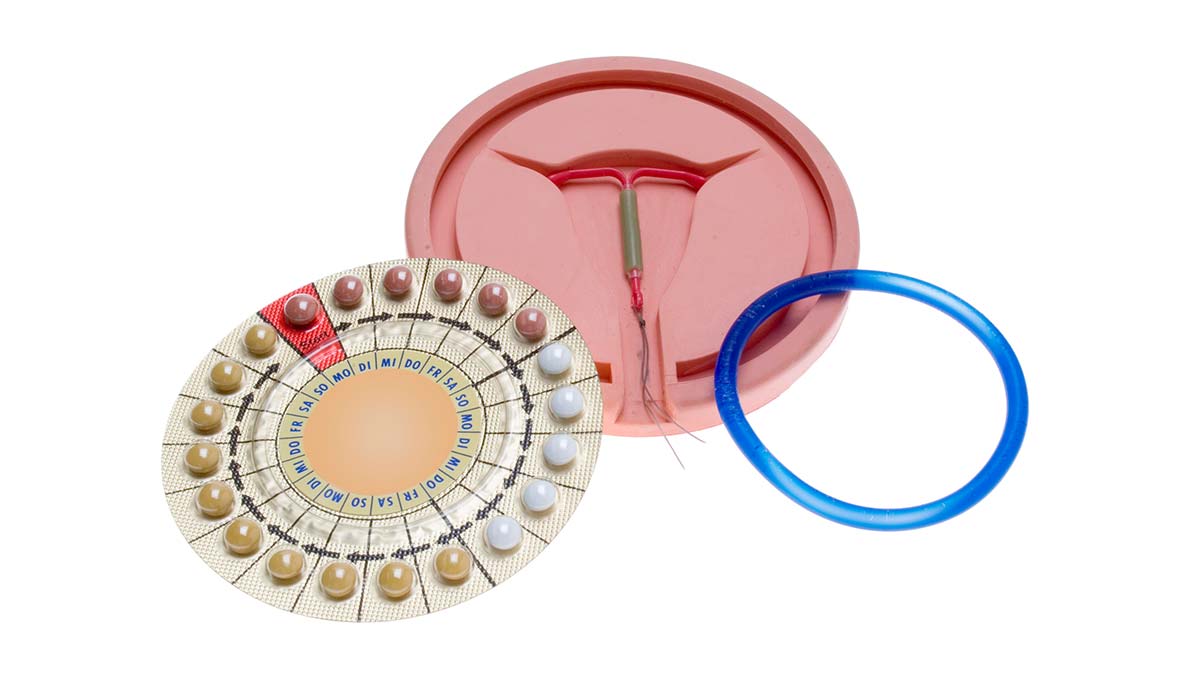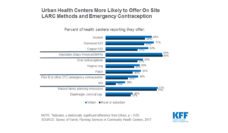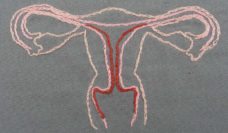Crisis pregnancy centers (also called pregnancy resource centers) made headlines during the first half of 2018 in the Supreme Court case, National Institute of Family and Life Advocates v. Becerra. Crisis pregnancy centers are known for their anti-abortion work, but some also focus on preventing women from accessing contraceptives.
A recent study analyzed the information that crisis pregnancy centers in Georgia provided about contraception on their websites. Twenty of the 64 websites reviewed contained information on contraceptives and 90% of those contained information on emergency contraception. About one-third contained information on “highly” or “moderately” effective forms of birth control such as intrauterine devices and implants, contraceptives pills, patches, shots, and vaginal rings. Less than half of the websites (40%) contained information on condoms.
The study’s authors found much of the information on these sites was misleading or false. One website referred to IUDs as abortifacients whereas IUDs actually prevent fertilization. They do not cause fertilized eggs to abort.
Many sites tried to equate emergency contraception with abortion when in fact emergency contraception prevents or delays ovulation.
Many sites tried to equate emergency contraception with abortion when in fact emergency contraception prevents or delays ovulation. Some websites had information on emergency contraception listed under the heading “Abortion,” and others labelled it as an abortifacient. The researchers cited examples of misinformation including: “Abortion options range from the morning after pill to various surgical procedures.”
Further, many crisis pregnancy center websites incorrectly stated that women who take emergency contraception are at risk for dependence, overdose, and ectopic pregnancy, which occurs when a fertilized egg implants outside of the uterus. Over half of the websites analyzed did not include citations from the medical literature supporting such assertions. When citations were provided, the links were often broken or the information was outdated or incomplete.
Swartzendruber added, “Furthermore, crisis pregnancy centers are increasingly attracting public funding…”
When asked why it’s important to highlight the misinformation crisis pregnancy centers have on their websites, Andrea Swartzendruber, the lead author of the study, wrote in an email, “Studies show that the internet is an important source of health information for many people. In addition, studies show that pregnant women often use online information to support pregnancy-related decision-making. However, many people aren’t critical consumers of online health information and don’t consider the source or date of online health content to assess its credibility.”
Swartzendruber added, “Furthermore, crisis pregnancy centers are increasingly attracting public funding. Governments have a responsibility to protect public health and should ensure that public funding does not support inaccurate and misleading health information.”
Feature image: EdnaM/iStock














